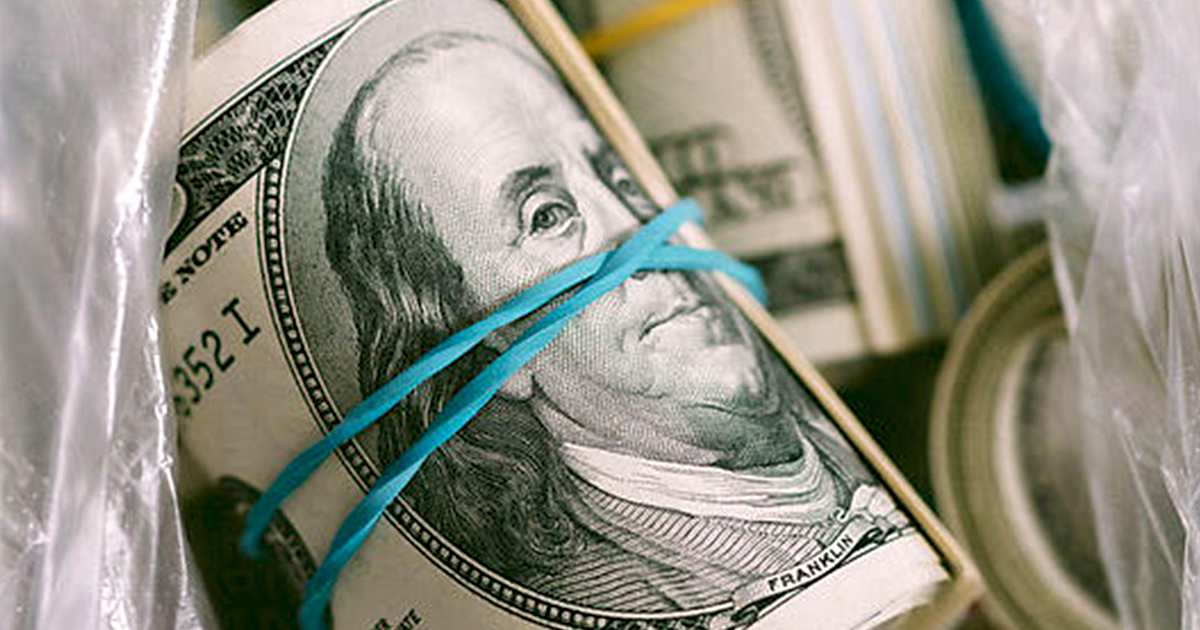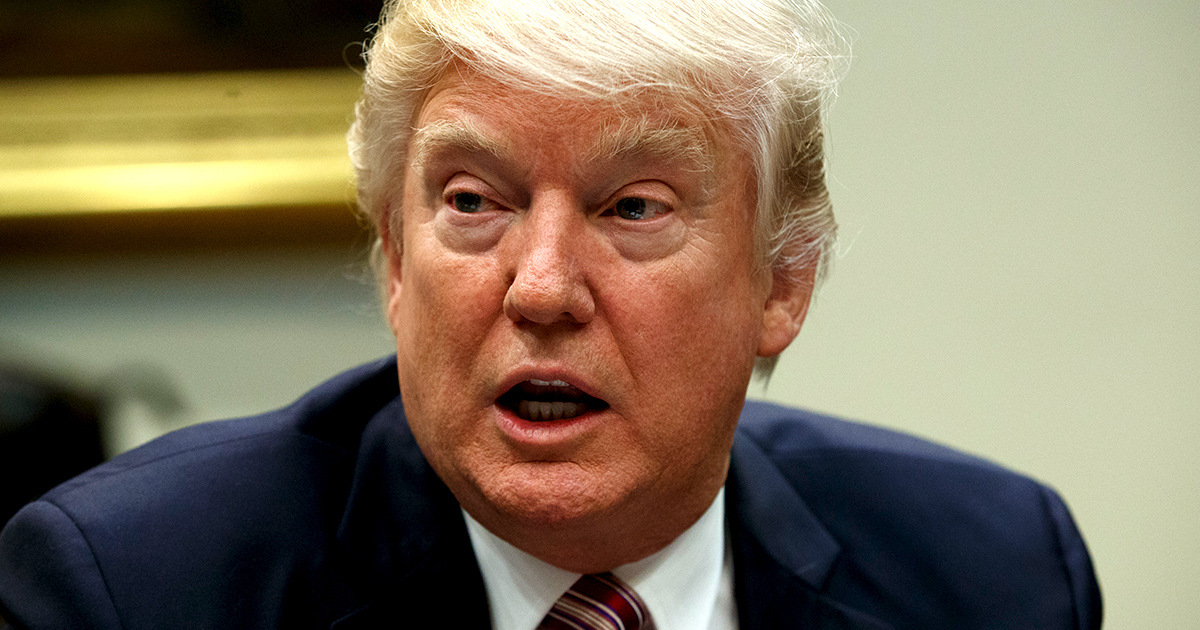What Actually Happens When You Default on Your Student Loans

By:
The U.S. just broke an unfortunate record in college affordability: About 8 million people defaulted on their federal student loans last year and 1.1 million of those people did it for the first time, according to data released from the Department of Education last week.
 Stocksy/Alexey Kuzma - stocksy.com
Stocksy/Alexey Kuzma - stocksy.com
“In spite of a booming stock market and falling unemployment, there is obviously a significant block of the labor force that is really struggling,” Rohit Chopra, the former student loan ombudsman at the Consumer Financial Protection Bureau told Time on Friday. “New college graduates and new entrants to the workforce are facing a double whammy of flat or declining wages and higher debt.”
But what actually happens when you default on a federal loan? Considering that defaulting is a big problem for many students, understanding the consequences of a student loan default is important.
Here are three things you need to know about student loan default:
1. Defaulting on a student loan is more serious than a late payment.
For most federal student loans, default happens when a borrower hasn't made a payment in 270 days, roughly nine months. Loans covered by the Federal Family Education Loan Program (FFEL) are considered to be in default after 330 days, which is 11 months. When this happens, the entire balance of the loan and interest is due immediately, and you lose any eligibility for deferment or forbearance, or any additional financial aid. Late fees start to pile up, increasing the debt, and the loan goes to a collection agency.
 AP/Evan Vucci - apimages.com
AP/Evan Vucci - apimages.com
President Donald Trump's Department of Education recently rescinded protections for FFEL borrowers who defaulted on their student loans, allowing collection agencies to add extra fees to their debt.
"Collection agencies were allowed charge collection fees when you go into default, up to 16 percent. The Obama administration said, 'do not charge that collection fee,'" Natalia Abrams, the executive director of Student Debt Crisis, told ATTN: on March 17. "Now, the collection agencies can go back to charging these fees again."
2. Your credit score will plummet.
The federal government will report your student loan delinquency to credit agencies and unfortunately, credit is something you need for many important money decisions in the U.S. Financing a car, getting a credit card, buying a house, and even renting an apartment can hinge on a successful credit check.
3. The federal government can take your money before you even get it.
If you default on a federal student loan, the federal government can garnish your wages, taking money out of your paycheck before you even see it. Your tax refund can also be held to collect some of your debt, and if the debt persists for long enough, the federal government can take money out of your social security check. Fortune reported last year, that more than $1 billion has been taken from social security checks since 2001. If you don't receive social security, aren't due for a tax refund, and don't get paid through W-2s, the federal government can ultimately sue you, according to Business Insider.
It can be daunting to take on debt if you are behind and tempting to just ignore calls and letters from lenders, but the absolute worst thing you can do is do nothing. If you're late a few months, your lender should be able to work with you to come up with a payment plan, according to an article in Money. If you've defaulted, there is the option to consolidate and then rehabilitate your loans. It can be a long process but doing so will erase the default notice off your credit score.
